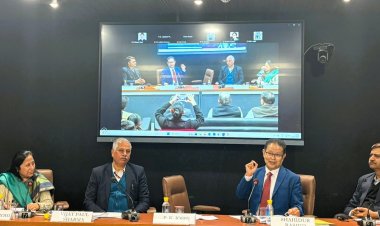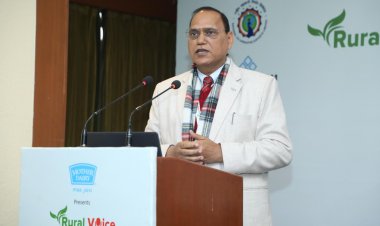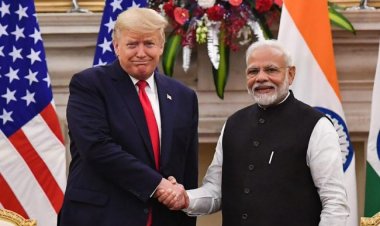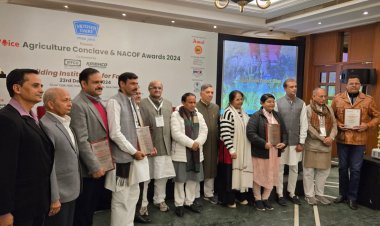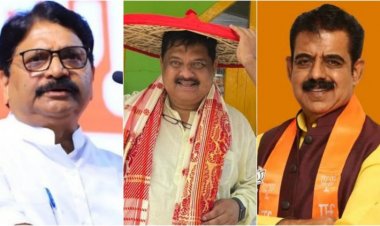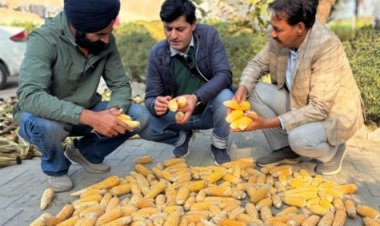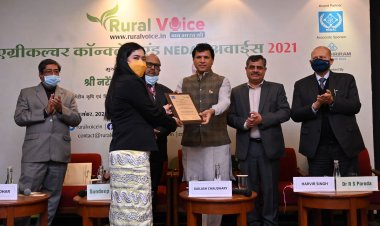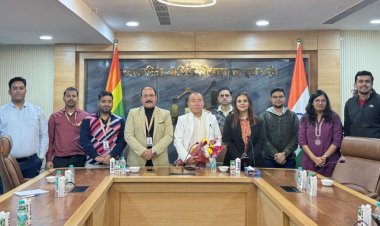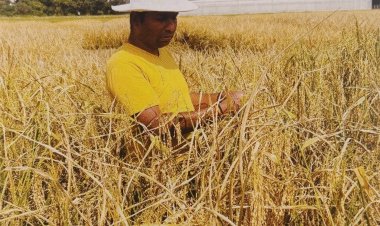Bibek Debroy: How His Idea of Taxing Agricultural Income Created Furore in Policy Circles
Known for his incisive intellect and willingness to challenge conventions, Debroy proposed significant and sometimes controversial reforms aimed at enhancing India’s fiscal landscape, including calls to tax agricultural income—a stance that positioned him uniquely in the world of economic policy.
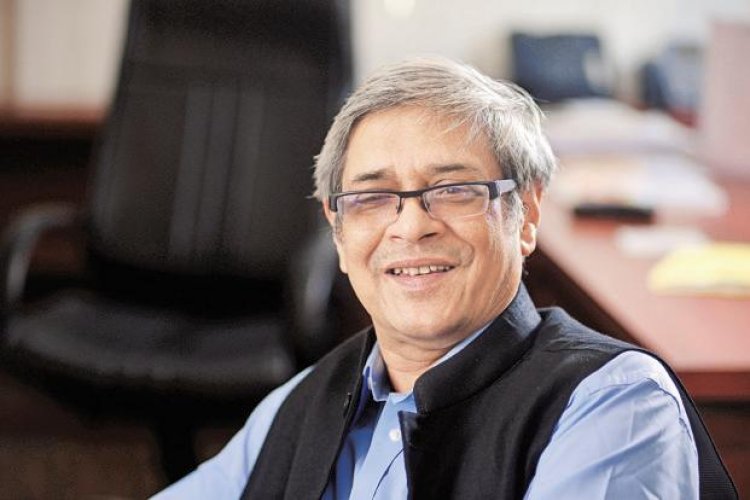
Bibek Debroy, who passed away at the age of 69, was a celebrated economist and an unapologetic advocate of bold policy changes, particularly in the area of agricultural reform. Known for his incisive intellect and willingness to challenge conventions, Debroy proposed significant and sometimes controversial reforms aimed at enhancing India’s fiscal landscape, including calls to tax agricultural income—a stance that positioned him uniquely in the world of economic policy. Debroy breathed his last on Friday.
In his role as a member of the NITI Aayog in April 2017, Debroy famously suggested that agricultural income above a certain threshold should be subject to taxation. This recommendation sparked a national debate, as he argued it was essential for broadening India’s tax base and tackling black money generation. Despite the political sensitivity surrounding agricultural taxation, Debroy believed that bringing high-income earners in agriculture under the tax net was crucial for fostering fiscal equity and ensuring that India’s largest employment sector also contributed to national revenue. His stance prompted immediate responses from policymakers, with then-Finance Minister Arun Jaitley clarifying that the government had no immediate plans to change the tax-free status of agricultural income.
Debroy’s ideas extended beyond taxation alone. As Chairman of the Economic Advisory Council to the Prime Minister (EAC-PM) since 2017, he championed a simpler, single-rate Goods and Services Tax (GST) structure and advocated for a new Indian Constitution to address contemporary socio-economic challenges. Yet, his conviction in reforming agricultural policy remained one of his most impactful contributions, as it underscored the potential for rural and agricultural sectors to play a more integrated role in India’s economic framework.
A scholar of both modern economics and ancient Indian texts, Debroy’s career was distinguished by versatility and intellectual independence. Born in Shillong in January 1955, his career spanned roles in academia, industry, and government, including his position as Chancellor of Pune’s Gokhale Institute of Politics and Economics and Director of the Rajiv Gandhi Institute for Contemporary Studies. He authored numerous scholarly works, including translations of the Mahabharata, the Ramayana, and the Bhagavad Gita, balancing economic theory with an appreciation for India’s cultural heritage.
Debroy’s proposal to tax agricultural income was not without controversy, but it left an indelible mark on India’s policy discourse. He believed that no sector, no matter how entrenched in tradition, should be immune to well-designed fiscal policy if India was to achieve equitable growth. His legacy of fearless ideas and transformative reform continues to inspire future generations of policymakers and economists. In Debroy, India has lost a visionary who dared to confront deep-rooted economic beliefs in pursuit of a more inclusive and prosperous nation.



 Join the RuralVoice whatsapp group
Join the RuralVoice whatsapp group


















